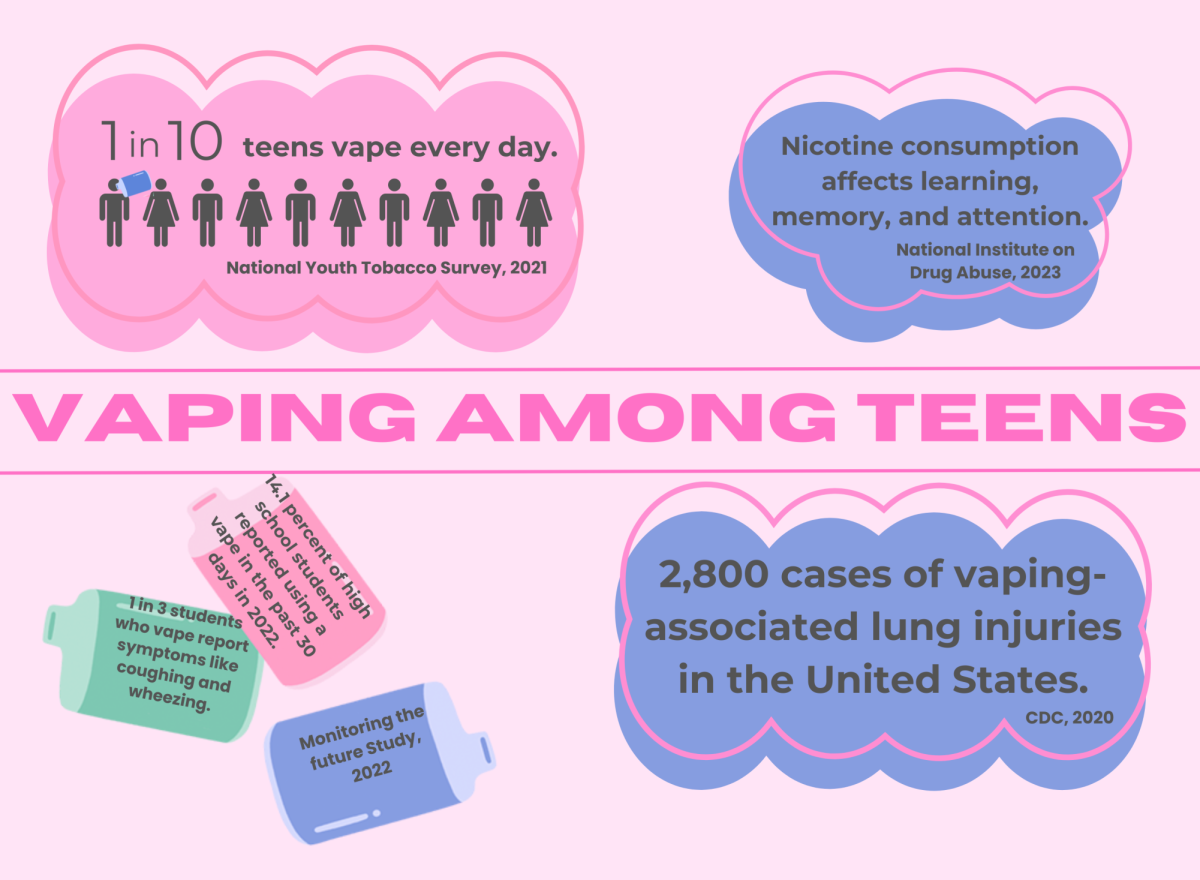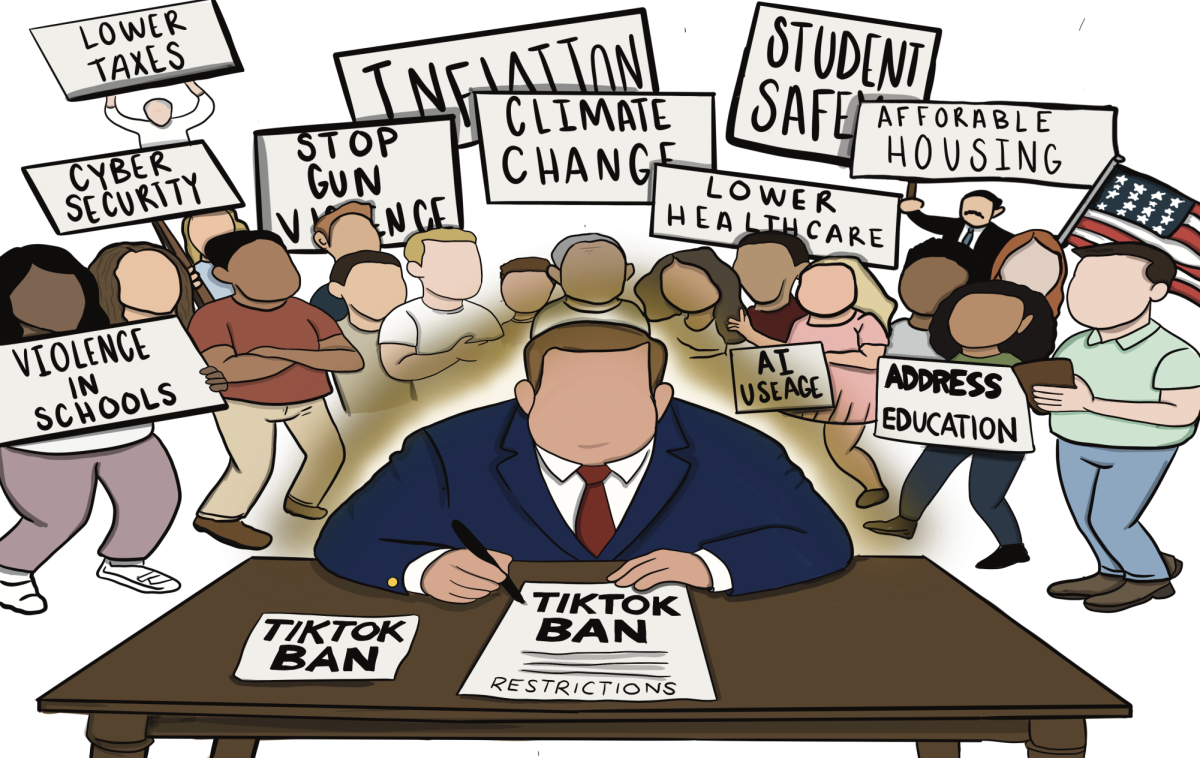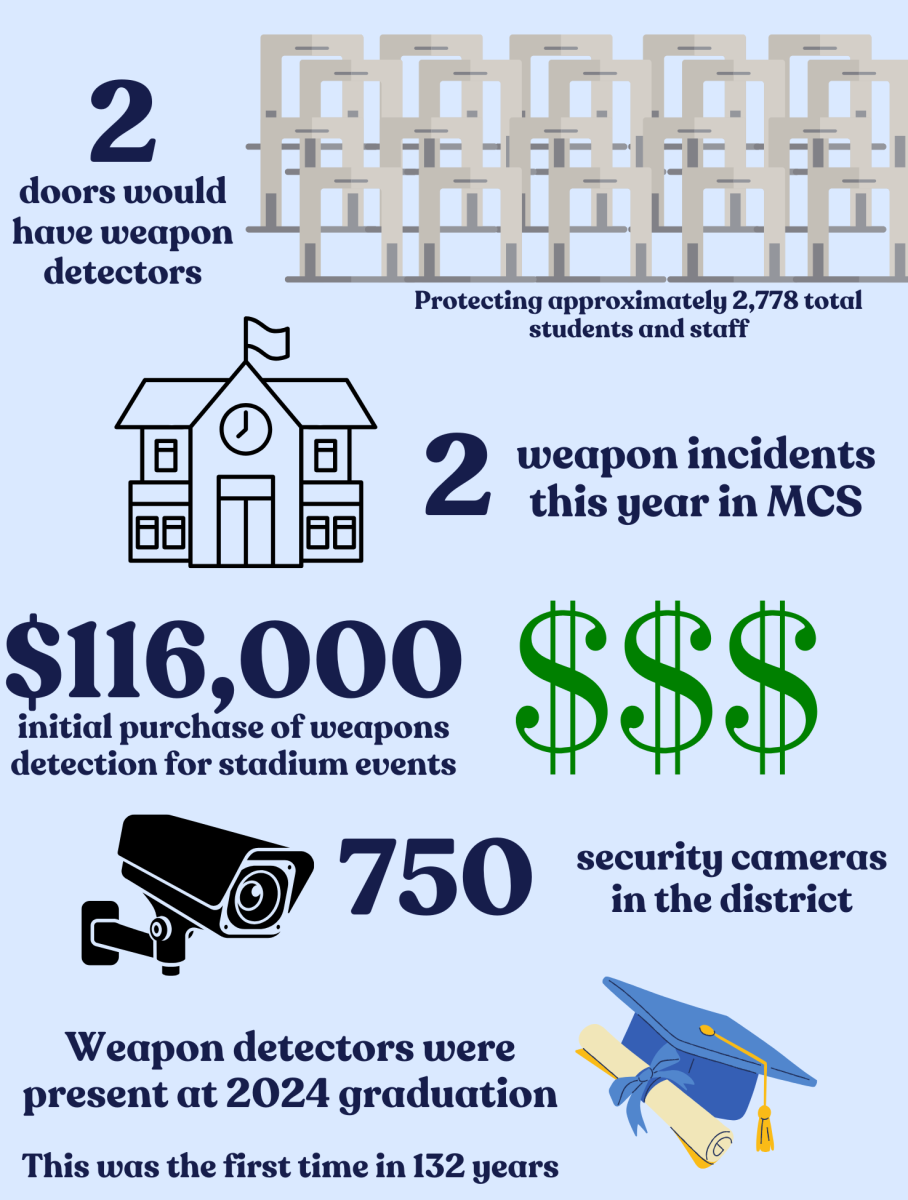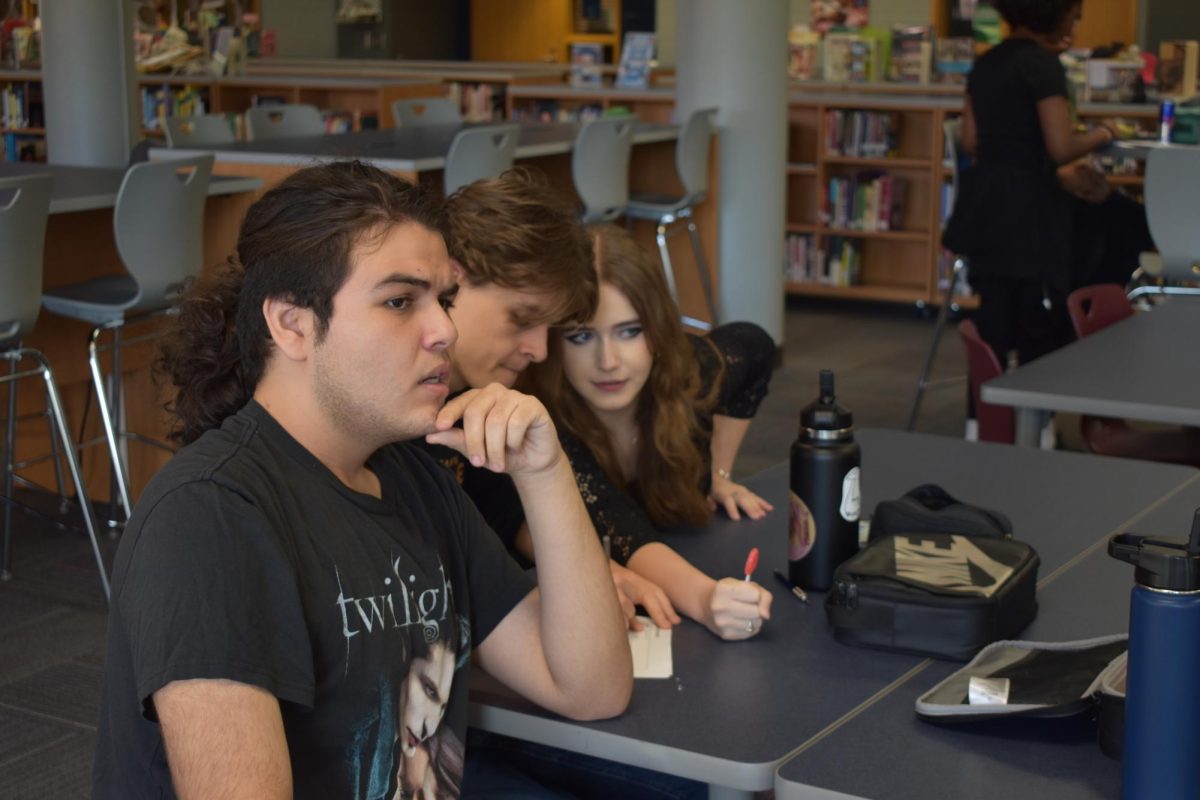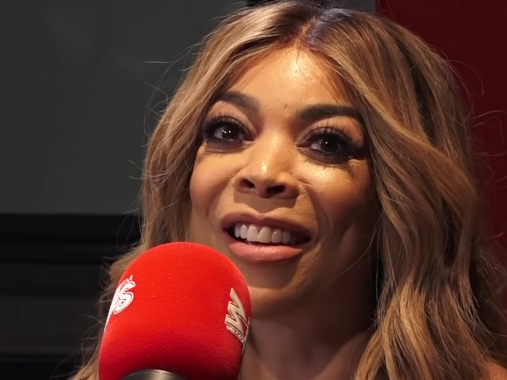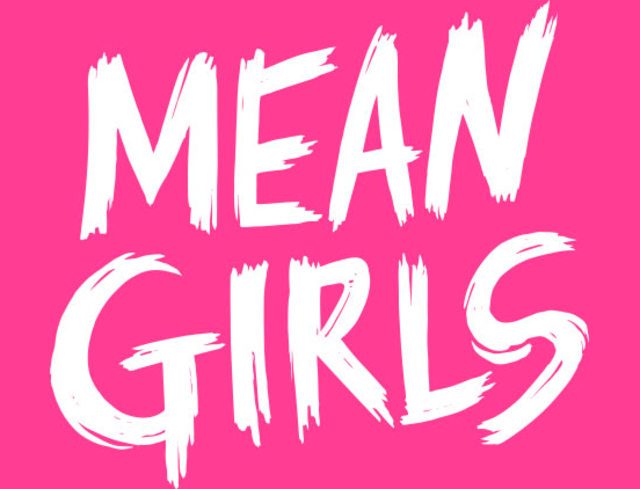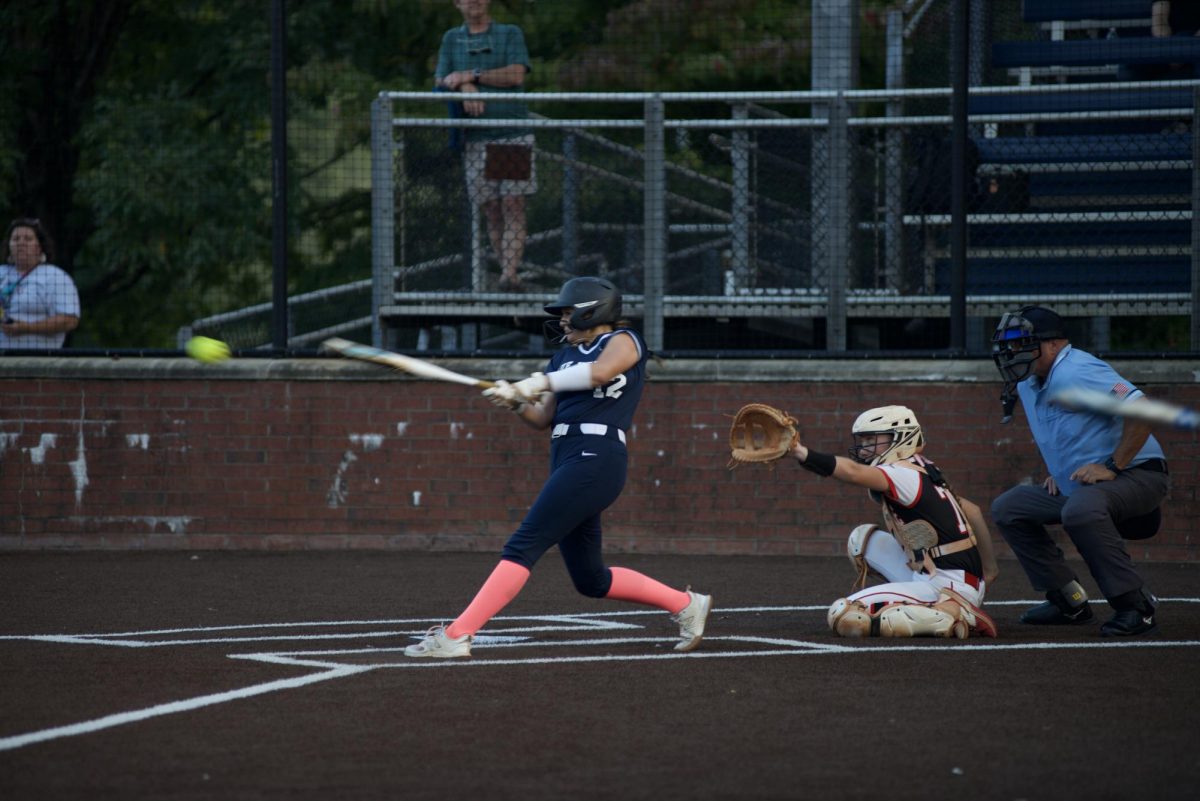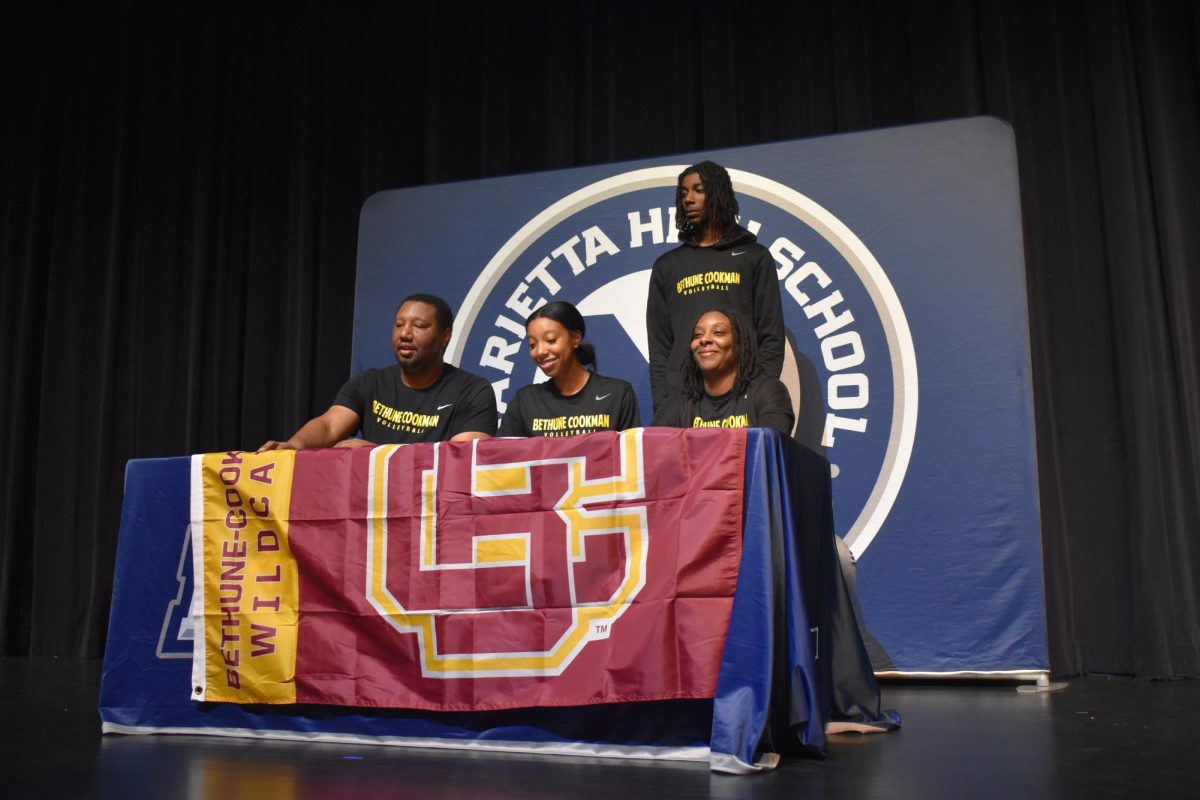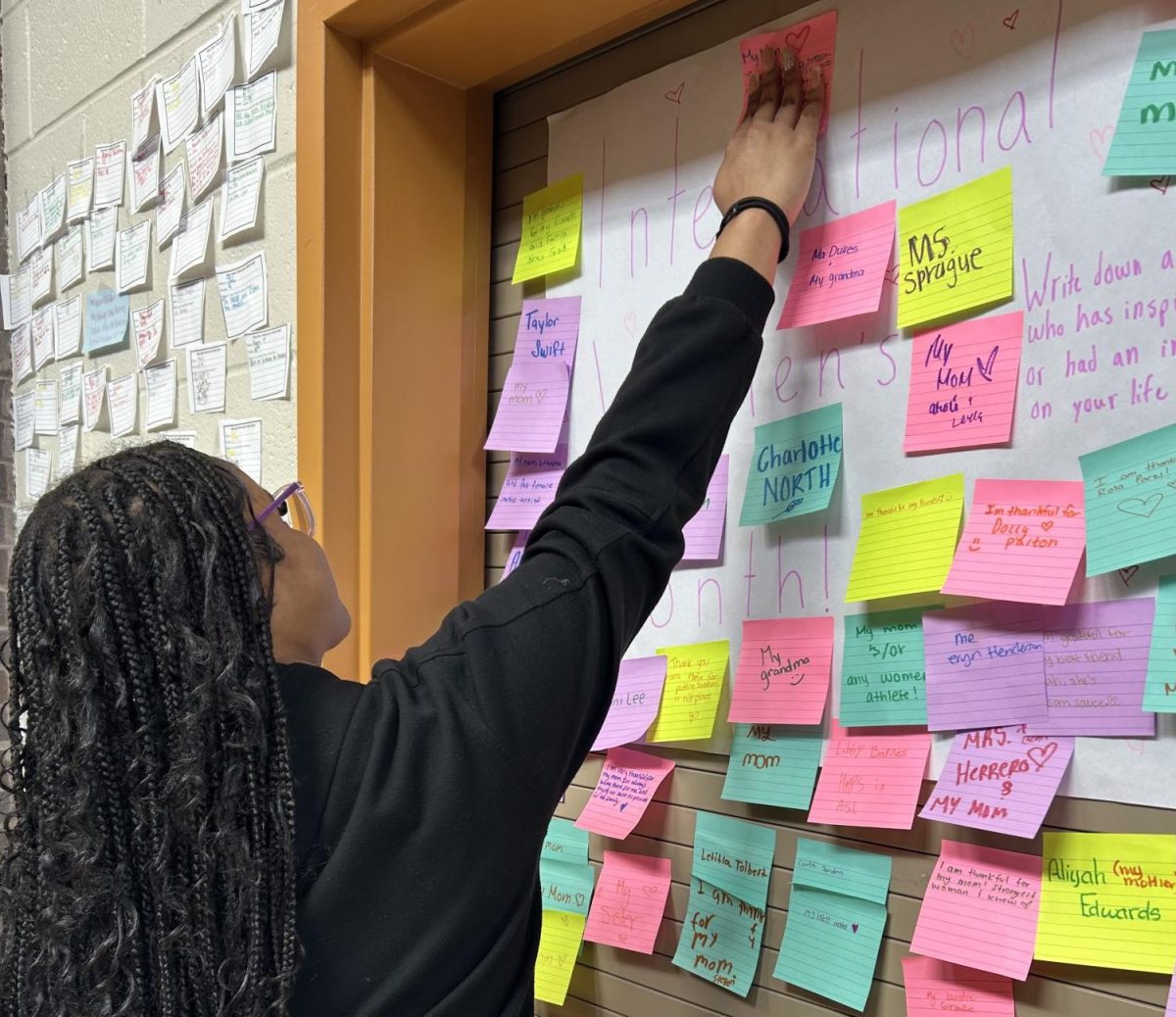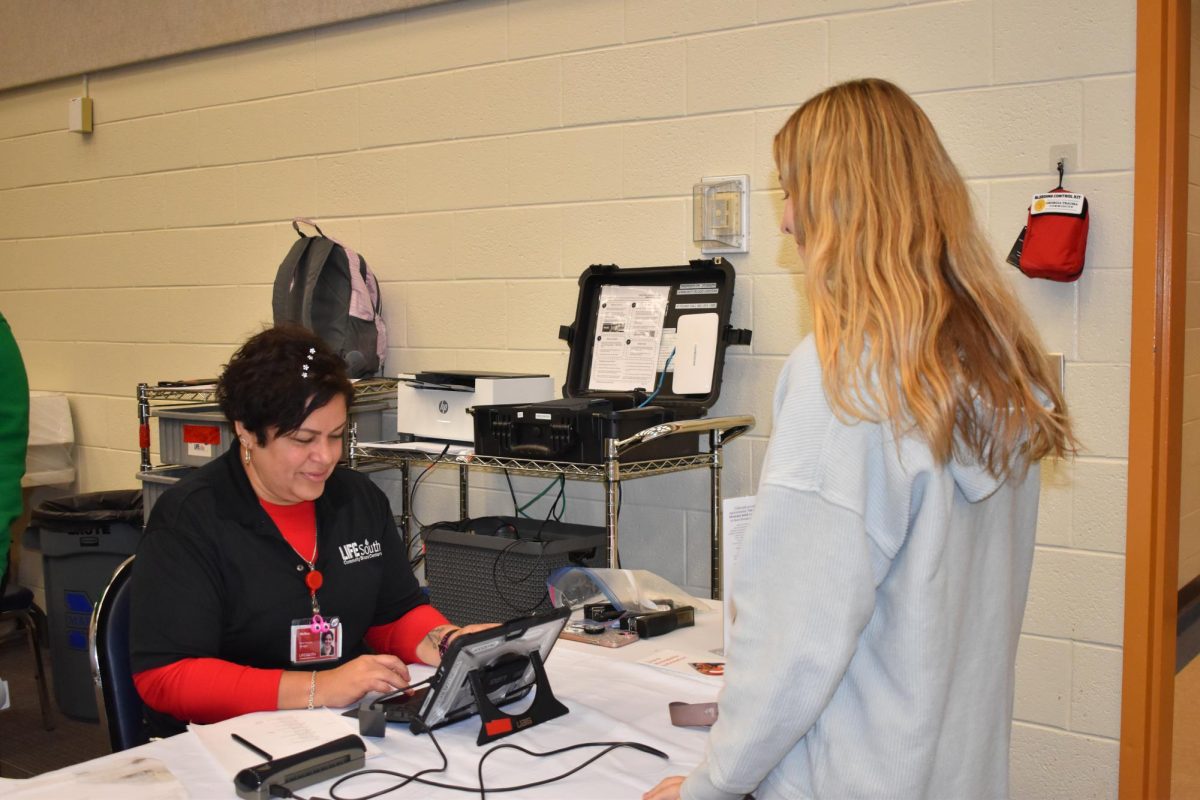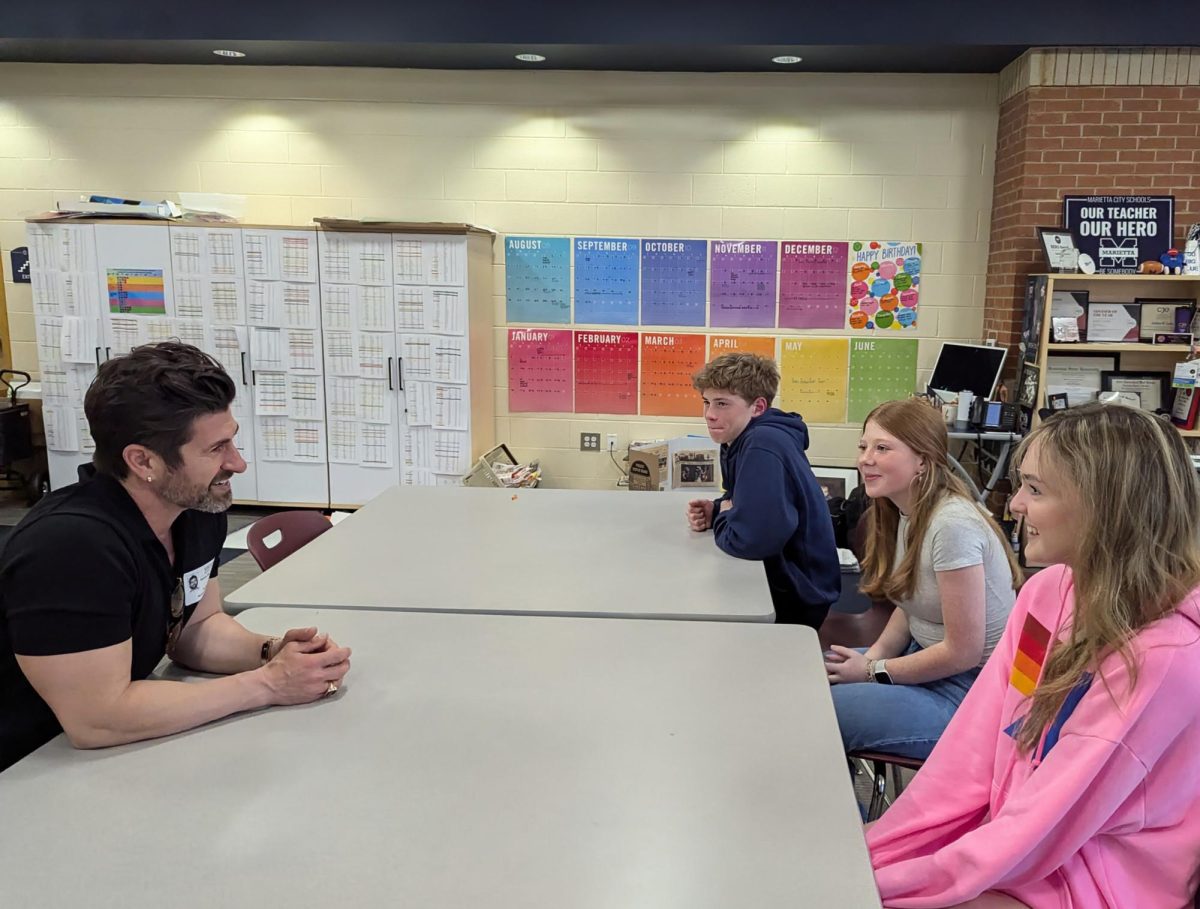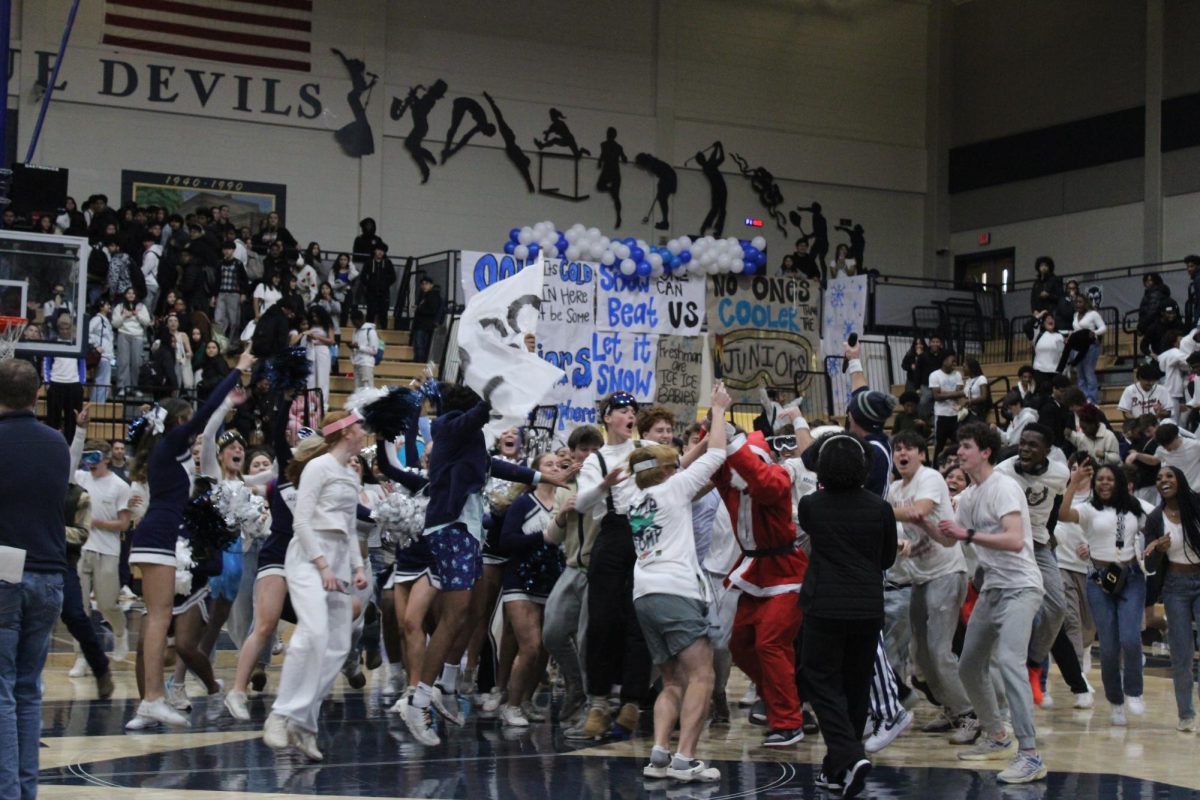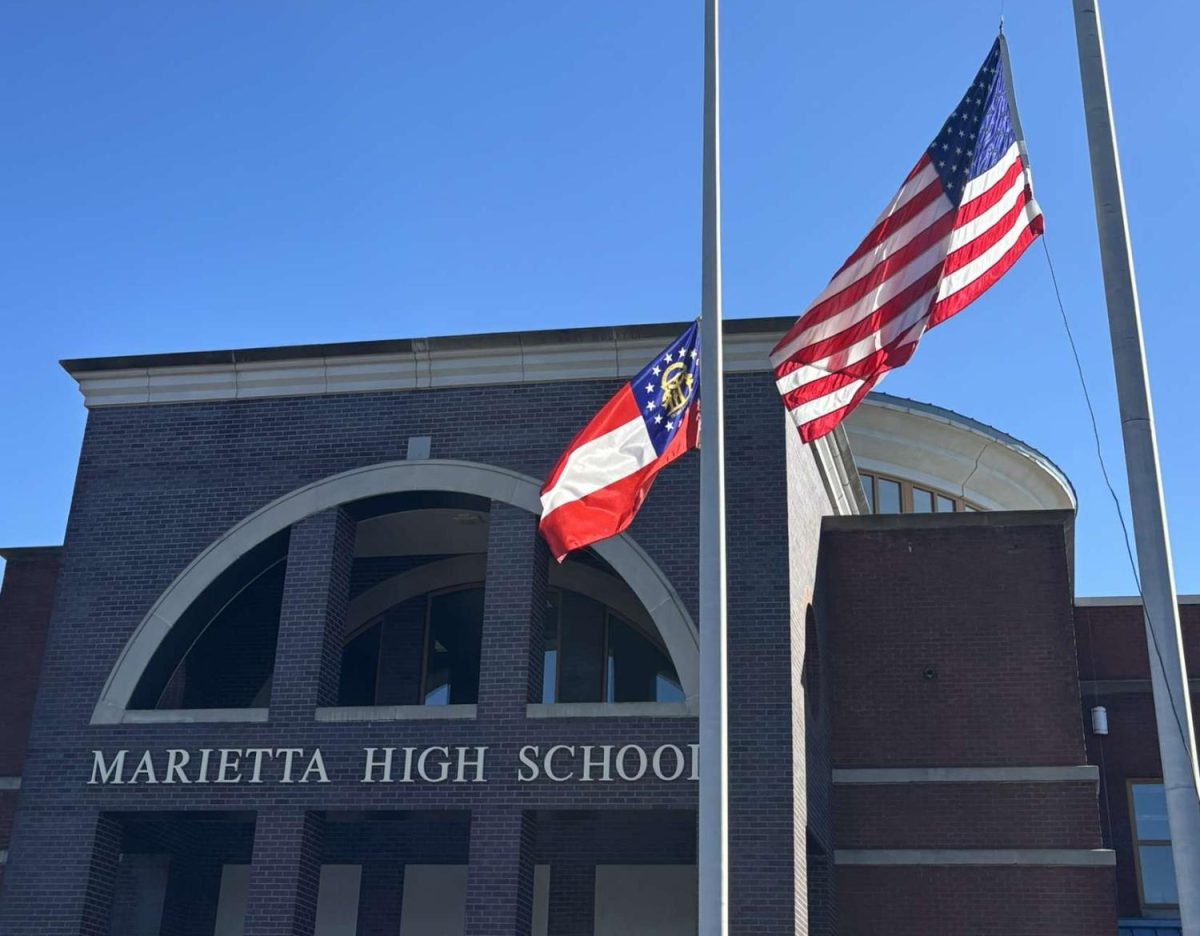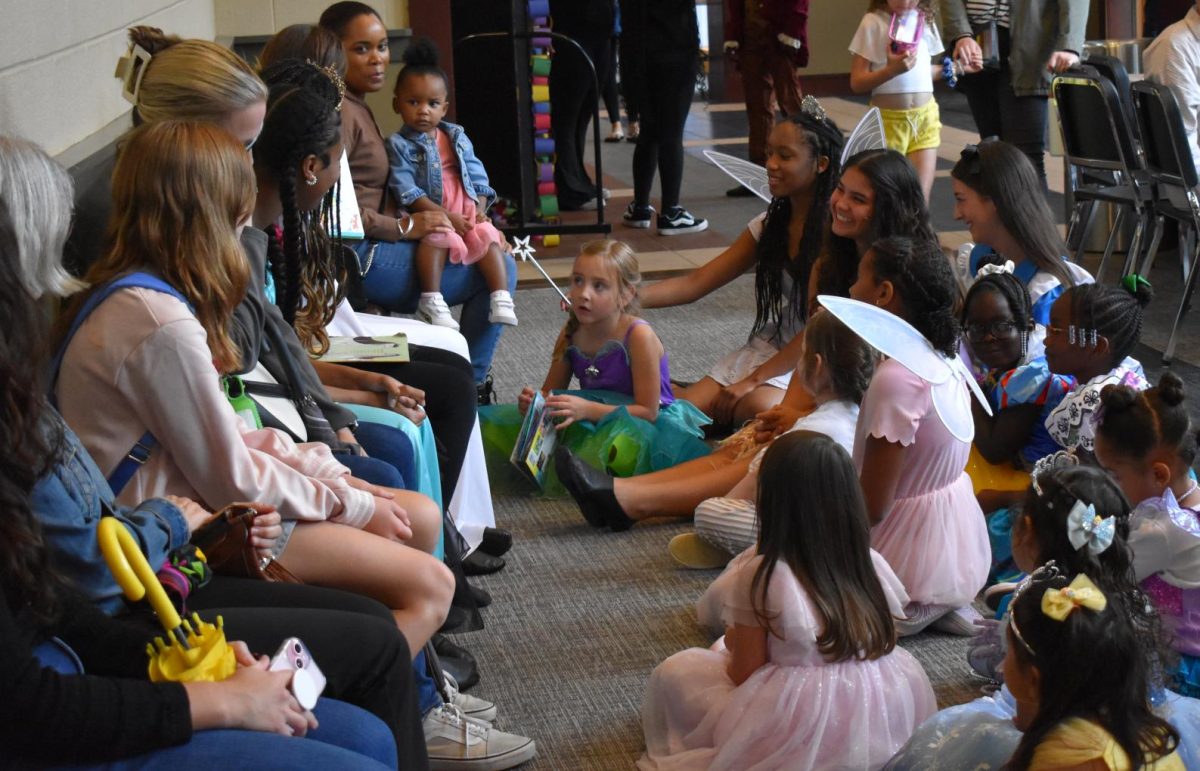Book banning is not a new phenomenon, but has been a recurring event dating back to 1637. “Obscenity,” “explicit sexuality,” and “inappropriate” are broad terms that have been used in the process of removing books. These are the same terms used in the trend of banning books in 2020. Over 2,000 book titles have been banned throughout the United States, many of them being targeted for being written by LGBTQ+ individuals, people of color, or for mentioning sexuality, gender identity, or race.
Since July, I have been following this topic closely after I saw a video of a Floridian teacher looking at the covers of books that were going to be tossed out from an elementary school’s library. There were at least six 80 pound boxes full of books shown in the video. When paying attention to the cover of a few books, I saw “Black Eagles” and “Lewis and Clark Explorers of the American West” books on the history of America. Why take books away from children who are learning to accept diverse cultures or, better yet, why get rid of books on the history of the United States? Book banning is a matter of violating the First Amendment. Authors’ right to express their opinions or stories through writing has now been censored by schools across America due to the “explicit content” their books contain.
In April of 2022, Georgia Governor Brian Kemp signed a bill allowing parents to request the removal of a book from school libraries. The recent rise in book banning has caught the attention of parents in Georgia, making them review books in our libraries. Bill 226 has had an effect in Cobb County and caught the attention of a Marietta City Schools parent. Our school followed suit, recently putting “Flamer” and “Me and Earl and the Dying Girl” up for review, consequently banning the books from our library for containing “sexually explicit content.”
As of Dec. 12, other books have been pulled from our own school library for containing “sexually explicit” content, but I assure you, this is only a fraction of the books in our school that contain such content. I think that if this book review were so important to our board, they would have taken their time to carefully read all books that were flagged for “mature content,” and “adult level” themes. Also, I would appreciate it if students were included in the process of book reviews. We are the ones reading the books, not parents. Not in any step of the Board of Education’s review process was a student allowed to give their opinion on any book, we are only allowed to appeal a decision for a book after the fact that they were pulled from our library.
In a more broad context, books that have actual obscene content rarely get challenged. Books that explore sexuality and gender are said to “endanger” children. It’s time to wake up. The world is a harsh place and has harsh realities, so why ban books that reflect real world issues? High school students are old enough to grapple with these issues in real life so we are old enough to read about them in our library books. According to EdWeek Research Center, at least 57 percent of students in schools won’t notice that these books were pulled, but the 43 percent that do care are not heard by their school representatives. Moreover, teens have access to the internet. They can search up sexually explicit content on the internet. This review across the country is not very effective when it comes to protecting kids from sexual content.
It is truly a stroke of luck if we see kids reading books. This recent decline in literacy has impacted schools more than books have. Books are what bring knowledge to the people. The choice to read or not read a book is up to the reader. The choice to be offended by the book is up to the reader. Readers should not be the ones who choose to publicly seek to ban a book simply because the content goes against their personal values. One’s own beliefs should not be pushed on to other people, and that is what is happening with book bans. This book ban across America is seizing the First Amendment from diverse voices who are shaping the future of America. Let’s not ban books that go against personal views, instead embrace the differences that make the world. We should cultivate an environment that promotes reading instead of banning books.


